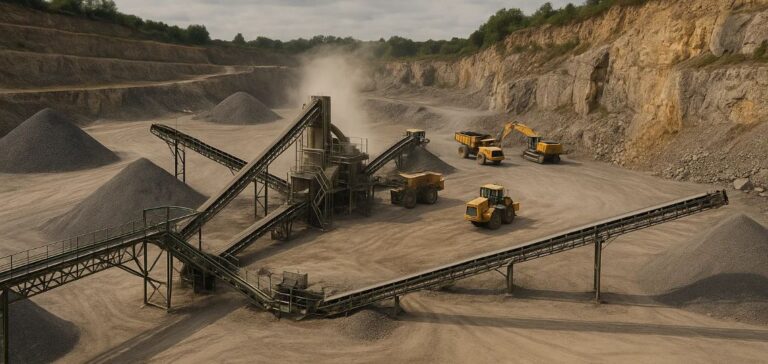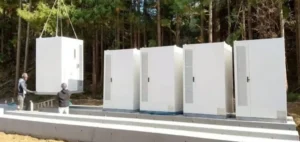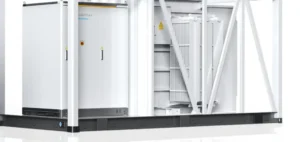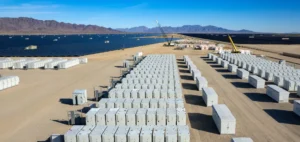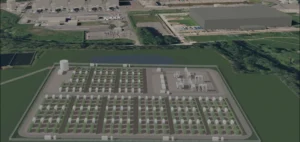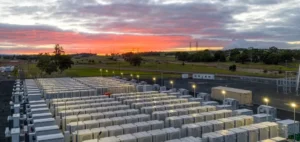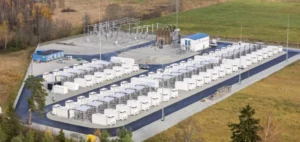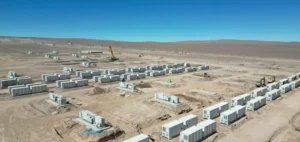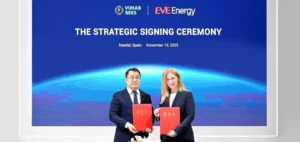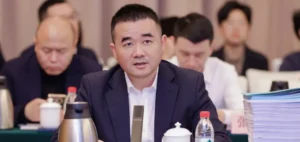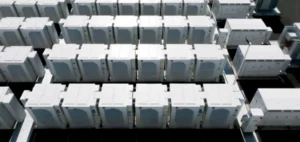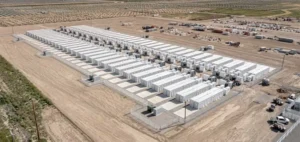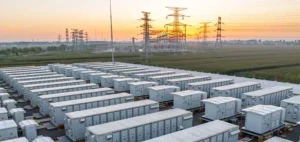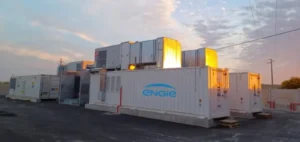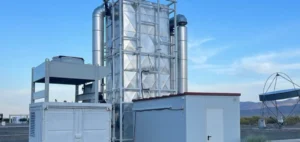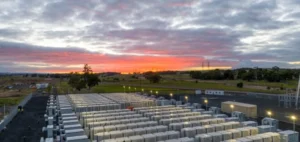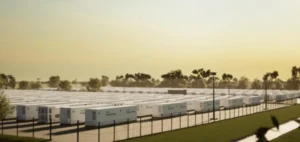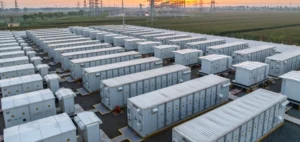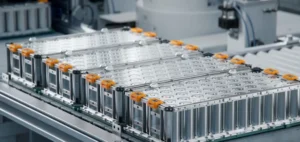Clarios, the world’s largest manufacturer of low-voltage batteries and a key recycling operator, announced it has launched a site selection process for a new facility dedicated to critical mineral processing and recovery in the United States. The planned investment, which could reach $1bn, is supported by recent federal advanced manufacturing tax credits and executive orders.
Three states under consideration for the facility
According to the company’s announcement on May 20, Indiana, Texas and Utah are currently being considered as potential hosts for the strategically important site. Preliminary site assessments have already been completed. The project is part of Clarios’ $6bn American energy manufacturing strategy, which includes up to $1.9bn dedicated to critical minerals processing and recovery operations.
The main objective of the facility will be to extract minerals such as antimony from recycled materials. Antimony plays a vital role in several defence applications, including ammunition production, infrared sensors, night vision devices and precision optics. Domestic processing of these resources aims to reduce the United States’ dependence on foreign supply sources.
Strengthening strategic industrial capacity
Projects like Clarios’ align with federal priorities on national security and economic development. Recent executive orders have highlighted the importance of ensuring stable access to critical minerals essential for defence and advanced technology sectors.
The future plant will be equipped with cutting-edge technology to enhance both recycling efficiency and industrial profitability. Clarios anticipates that the selected site could evolve into a regional innovation hub for low-critical-mineral battery manufacturing and next-generation technology development.
An infrastructure built for longevity
The industrial project is expected to establish long-term technological expertise and production capacity within the United States. The group added that the plant could pave the way for further investments across the battery value chain while preserving key mineral resources for strategic use.
Mark Wallace, Chief Executive Officer of Clarios, stated: “We’re excited to take this next step in our US investment strategy. This project reflects our commitment to building resilient national supply chains.”


